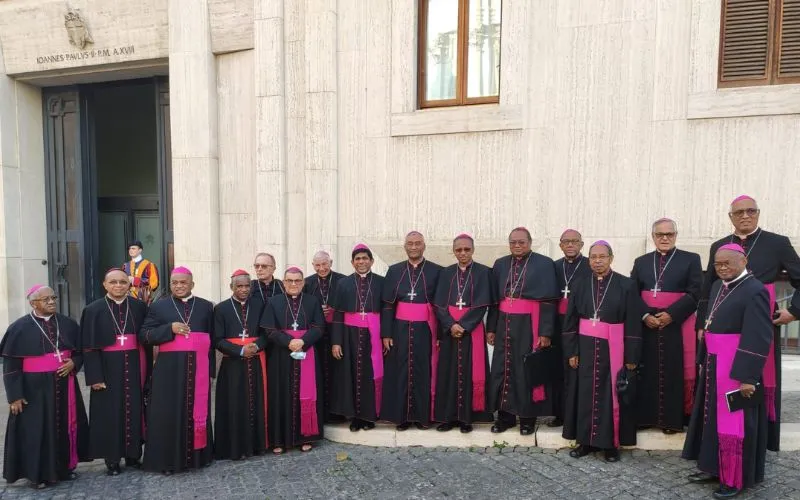Antananarivo, 19 May, 2024 / 10:24 pm (ACI Africa).
Catholic Bishops in Madagascar have identified corruption, lack of genuine decentralization, poverty, insecurity, and drug abuse among challenges that they say hinder development in the Indian Ocean Island nation.
In a statement shared with ACI Africa Wednesday, May 15, members of the Episcopal Conference of Madagascar (CEM) decry the increasing gap between the “small number” of rich and the “large number” of the poor in the Island country that lies off the Southeastern coast of Africa.
“The cost of living is rising exponentially. Insecurity still prevails in many regions. Many national roads continue to deteriorate and lack maintenance. The plundering of national wealth, both in terms of exploitation and export, persists,” CEM members lament.
In their message dated May 9, they say that “freedom of expression and mutual understanding are non-existent. Drug production, trafficking and consumption are growing out of all proportion.”
“A small number of the population are affluent, with money and wealth of doubtful origin, and are getting richer and richer, while a large number are sinking into blatant poverty,” they add.








